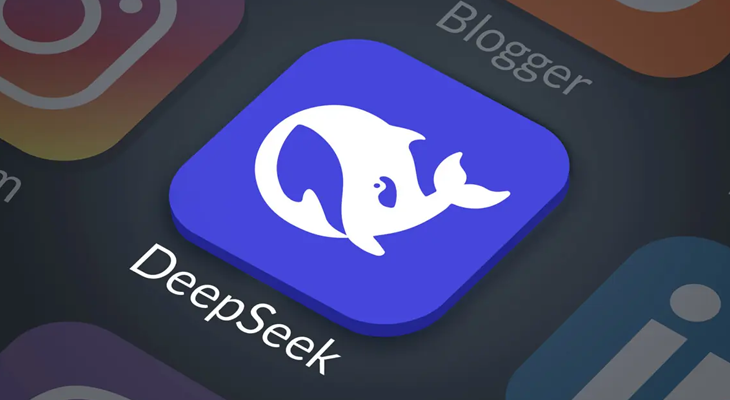AI platforms are changing the way businesses operate, but not all AI tools meet basic security expectations. DeepSeek AI has emerged as a significant risk for organizations concerned with data privacy and regulatory compliance.
The Data Privacy Risk with DeepSeek AI
DeepSeek AI processes and stores user data on servers located in China. Under China’s National Intelligence Law, companies operating within the country must provide access to data upon government request, without transparency or legal safeguards for foreign businesses. This risk extends to any information processed by DeepSeek AI, including sensitive internal documents, intellectual property, and personal data.
This situation poses a direct threat to confidentiality and regulatory compliance. Organizations subject to data protection laws, such as GDPR or U.S. sector-specific regulations (HIPAA, SOX, etc.), may find themselves in violation if they allow employees to process customer or business data through platforms like DeepSeek AI.
A Growing Pattern of Geopolitical and Compliance Concerns
DeepSeek AI is not the first system to raise alarms about international data exposure. Similar risks have emerged with other platforms, such as TikTok, which has faced scrutiny and restrictions over its data sharing practices with Chinese authorities. In several documented cases, data stored on foreign servers has been accessed or used in ways that conflict with privacy expectations or local regulations.
The U.S. Commerce Department has already banned DeepSeek AI from government devices, signaling that the risk is substantial enough to warrant preventative action. Businesses should apply the same level of caution.
Confirmed Data Leaks from DeepSeek AI
In early 2025, cybersecurity researchers discovered a major security lapse within DeepSeek AI. A database containing over one million log entries was left publicly accessible without authentication. The exposed data included user chat histories, API keys, and backend configuration information, granting potential attackers full control over the system’s contents. DeepSeek secured the database after being alerted, but this event underscores a serious lack of operational security.
Additionally, separate research uncovered hidden code within DeepSeek’s platform transmitting user data to infrastructure linked to CMPassport.com, a service operated by China Mobile. This finding confirms that user data may have been shared with third-party servers under the control of Chinese state-affiliated organizations.
Best Practices for Evaluating AI Tools
Organizations evaluating AI platforms should consider the following:
- Where is user data stored and processed?
- Is the provider subject to laws requiring government cooperation on data access?
- Are clear data handling and retention policies published?
- Does the platform allow you to control or limit data sharing?
- Does the vendor meet relevant security and compliance standards (ISO 27001, SOC 2, GDPR, etc.)?
If the answer to these questions raises concerns, organizations should prohibit the use of the platform.
AI Governance and Internal Policy Development
AI governance refers to how an organization manages the use of AI tools within its environment. Without proper governance, businesses risk unauthorized use of AI platforms that may inadvertently expose sensitive data or introduce legal liabilities.
An effective AI usage policy should cover:
- Approved and prohibited AI platforms
- Guidelines for submitting and processing data through AI tools
- Rules for integrating AI into business workflows
- Monitoring and enforcement mechanisms
- Employee training on responsible AI usage
Building AI Resilience
Blocking DeepSeek AI is one step toward reducing risk, but businesses should also establish broader AI governance programs. Doing so helps prevent shadow IT problems where employees adopt unapproved tools, exposing the organization to regulatory and security threats.
Lumitiv helps companies design and enforce AI usage policies, conduct risk assessments of existing platforms, and implement technical controls to protect business operations from emerging threats.

